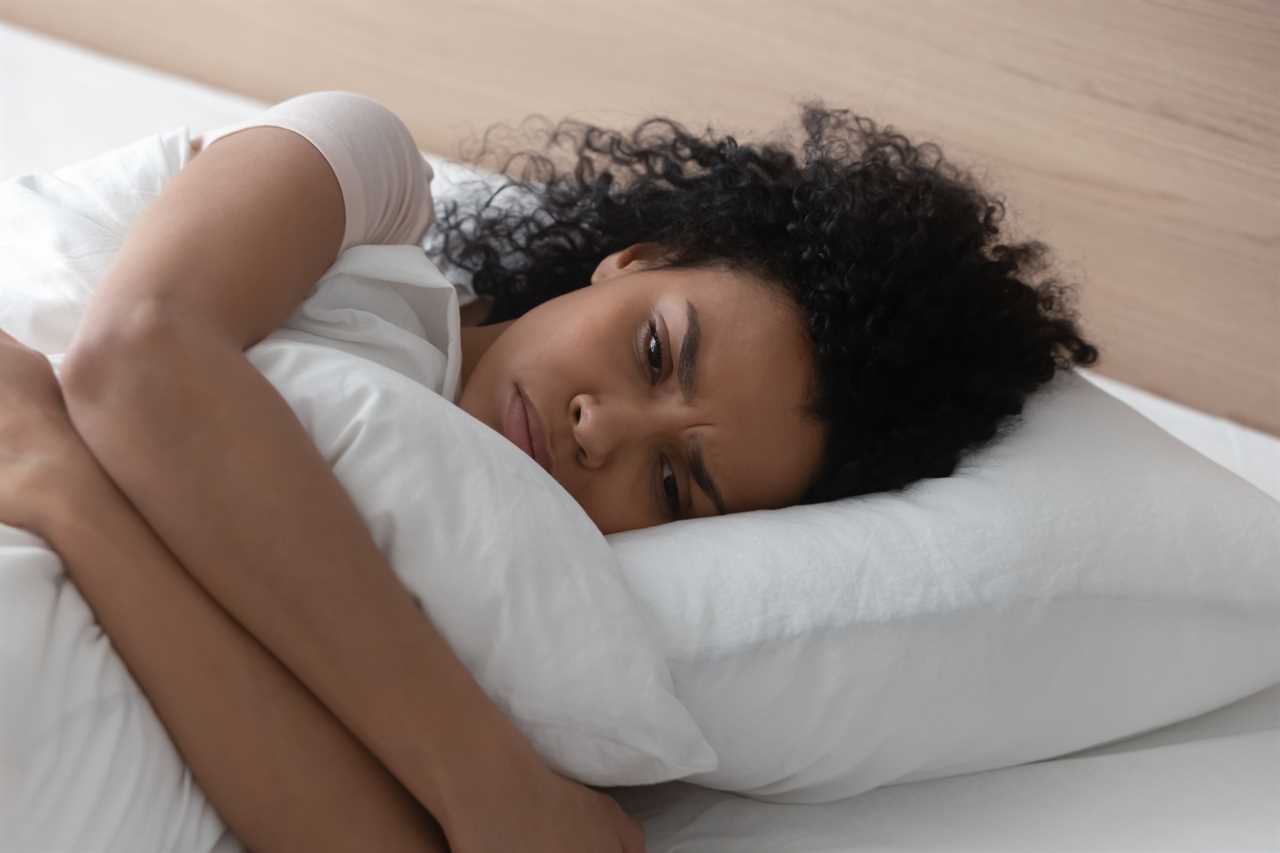A NEW Omicron symptom has been flagged by scientists on a leading Covid study.
They say it is affecting one in five of those infected, but is not listed by the NHS.

The ZOE COVID Symptom Study has been tracking the virus since May 2020.
Using the help of millions of app users, it’s able to spot the common Covid symptoms of the disease in those testing positive.
It’s recently been investigating whether Omicron causes different symptoms to that of Delta, which was dominant before Omicron emerged.
And, after weeks of looking at thousands of reports from Omicron patients, they say a new symptom has emerged.
Lower back pain is affecting one in five (19 per cent) of people who have Omicron, Prof Tim Spector, lead of the study, said.
It suggests that if you have an unusually sore back, without a known trigger, you could be infected with the bug, especially if there are other signs.
Doctors in South Africa warned lower back pain was a sign of Omicron when it first started spreading in early December.
It appears the anecdotal reports have now been backed by one of the UK’s leading Covid studies.
Speaking on a YouTube update, Prof Spector said: “Because of your reports, we added in low back pain as an option and it’s coming in quite frequently.
“It’s around 19 per cent – one in five – getting that, and it’s ranking number 17 [in the list of symptoms].”
This suggests low back pain is more common than chest pain (16 per cent), a loss of appetite (18 per cent) and swollen glands (18 per cent).
Even altered smell – considered a key feature of Covid – now only affects 21 per cent of Covid patients.
Prof Spector said because it’s “early days”, the team at King’s College London haven’t added lower back pain into their full list of Covid symptoms just yet.
Still ranking as the top five signs of Covid are a runny nose (74 per cent), headache (68 per cent), fatigue (63 per cent), sore throat (63 per cent) and sneezing (61 per cent).
A string of positive studies show Omicron is milder than other strains, which is largely due to the effect of vaccines boosting immunity.
UK data shows three vaccine doses are highly protective against hospitalisation with the variant. But two doses are not deemed enough.
Prof Spector said: “[Omicron is] still worse than a cold, but better than the other variants.
“Omicron is shorter. A third of cases recover within three days compared to 15 per cent with Delta.
“And currently 70 per cent of people with Omicron recover in a week as opposed to 44 per cent of those with Delta.”
Prof Spector added that some “brain-related symptoms”, like loss of smell and brain fog, appeared to be less common with Omicron.
Other symptoms that have been linked with Omicron include night sweats and a scratchy throat.
It comes after the ZOE study estimated that Covid cases are reaching levels similar to the January peak of 200,000.
The data suggests there are 195,069 new daily symptomatic cases of Covid in the UK on average – double the 100,000 or so being reported by the Government.
Prof Spector explained that positive LFTs are “often not being logged with the Government”.
A rule change in December means that those with a positive LFT result no longer need to get a PCR test if they don’t have the classic symptoms – but they should still log their result with the NHS.
The Government dashboard added another 88,171 Covid cases onto the dashboard yesterday, which includes positive PCRs and LTFs.
In the UK Health Security Agency’s weekly winter briefing, data shows that Covid has decreased on a national level and that hospitalisations also decreased in most age groups.
Did you miss our previous article...
https://trendinginthenews.com/covid-19/winter-olympics-village-has-pink-robots-serving-food-and-stars-can-book-covidfriendly-naps-with-disposable-bed-sheets






